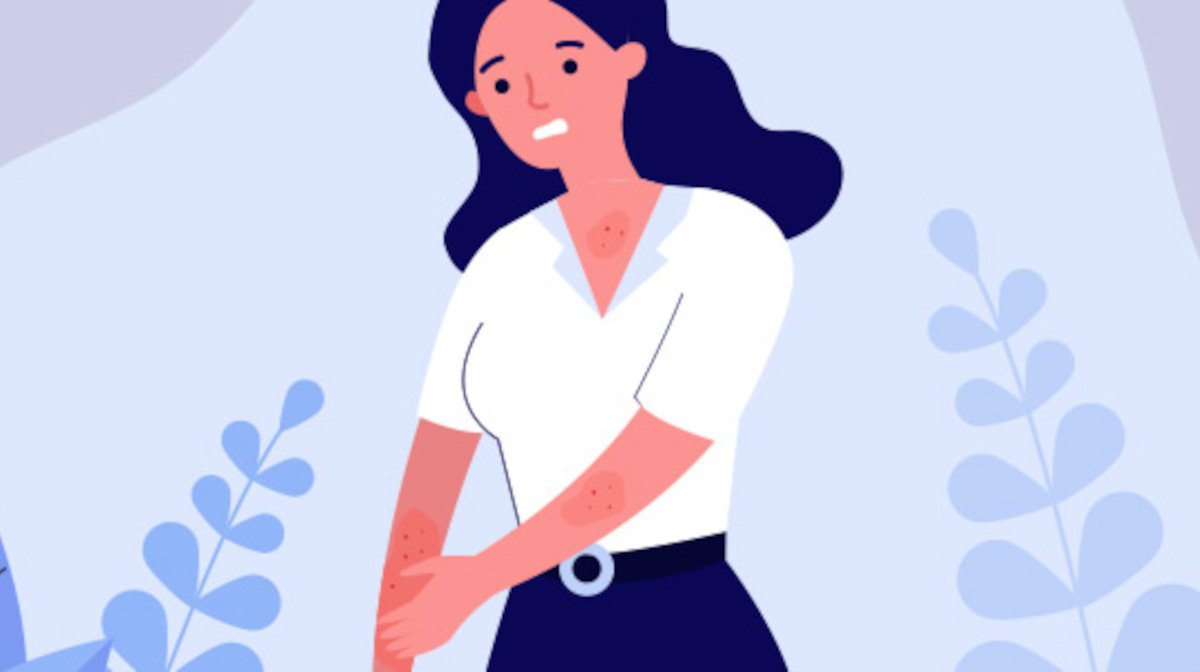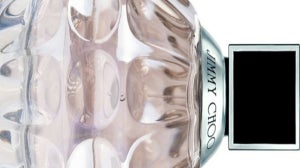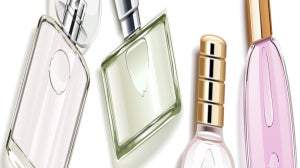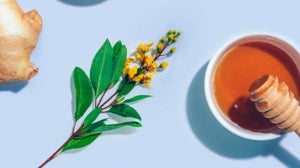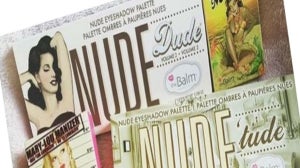
Psoriasis is a skin condition that causes red, crusty, flaky patches of skin covered with white scales. Psoriasis often appears on the scalp, elbows, knees, and lower back but it can occur anywhere on the body. It’s thought that 125 million people are affected by psoriasis worldwide.

People with psoriasis have an overproduction of skin cells. The resulting build-up of skin cells creates the patches associated with this condition. Experts think that the condition is related to a problem with the immune system. Your immune system defends your body against infection and disease, but in psoriasis it attacks healthy skin cells by mistake.


Plaque Psoriasis
• This is the most common form of psoriasis and accounts for 80-90% of cases • Causes dry skin lesions - known as plaques - covered in silvery scales • The plaques can be itchy and/or sore • Commonly occur on the knees, scalp, elbows and lower back
Nail Psoriasis
• Nails may develop tiny dents, grow abnormally or become discoloured • Nails can come loose from the nail bed and in severe cases may crumble • For half of people suffering from psoriasis, the nails are affected
Inverse (Flexural) Psoriasis
• Affects creases or folds in the skin • Can cause large, smooth red patches in the affected areas • Made worse by sweating and friction – so it can be particularly uncomfortable in hot weather
Guttate Psoriasis
• Causes small, teardrop-shaped sores on the arms, legs, chest and scalp • Sometimes occurs after a streptococcal throat infection • More common among children and teenagers
There is usually a trigger for psoriasis, which makes symptoms appear or get worse. Knowing your triggers can help you avoid a flare-up.


• Stress • Skin injury - such as a cut, scrape or sunburn • Excessive alcohol consumption

• Smoking • Hormonal changes - such as puberty or menopause • Cold and dry weather - psoriasis can flare up in winter due to less sunlight, leading your vitamin D levels to drop. Heated, dry indoor air can also make psoriasis symptoms worse.


•Psoriasis most often develops in adults under 35 years old • Psoriasis affects around 2% of the UK population • Men and women are equally affected by psoriasis

• 79% of people living with psoriasis believe that the condition has a negative impact on their lives. • 20% of patients with severe psoriasis take antidepressant medication. • 1 in 5 people with psoriasis have experienced rejection because of their condition.

People living with psoriasis also have a higher financial burden due to absenteeism and the cost of managing their condition.


SHOWER REGULARLY
Showering and bathing can improve psoriasis lesions by hydrating and softening the scaly patches on your skin. Take short showers, use warm – not hot – water and a gentle moisture-rich soap or cleanser for sensitive skin. To avoid stripping your skin of essential oils, don’t shower more than once a day.
CATCH SOME RAYS
Moderate exposure to sunlight can improve psoriasis.
MOISTURISE
Take good care of your skin, especially after showering. Gently pat your body dry with a towel and apply moisturiser to lock in hydration. Opt for a moisturizer with rich emollients, such as glycerin and shea butter.

COVER UP
Apply a topical treatment to the affected areas, cover with plastic wrap and leave it on overnight.
AVOID ALCOHOL
Excessive alcohol consumption might reduce the effectiveness of some psoriasis treatments.
USE TOPICAL CREAMS
Using a hydrocortisone cream, ointment or lotion can help reduce dryness, itching and inflammation.

STAY HEALTHY
Lifestyle habits can affect psoriasis symptoms. Try to eat healthily, exercise regularly, keep up a good sleep routine and avoid stressors.

Learn more about Beauty Ufiltered: https://www.allbeauty.com/beauty-unfiltered

https://www.nhs.uk/conditions/psoriasis/https://www.psoriasis.org/psoriasis-statistics/https://www.ncbi.nlm.nih.gov/pmc/articles/PMC4900733/https://europepmc.org/article/med/8407075https://pubmed.ncbi.nlm.nih.gov/11255325/https://pubmed.ncbi.nlm.nih.gov/9344194/

Related Articles

